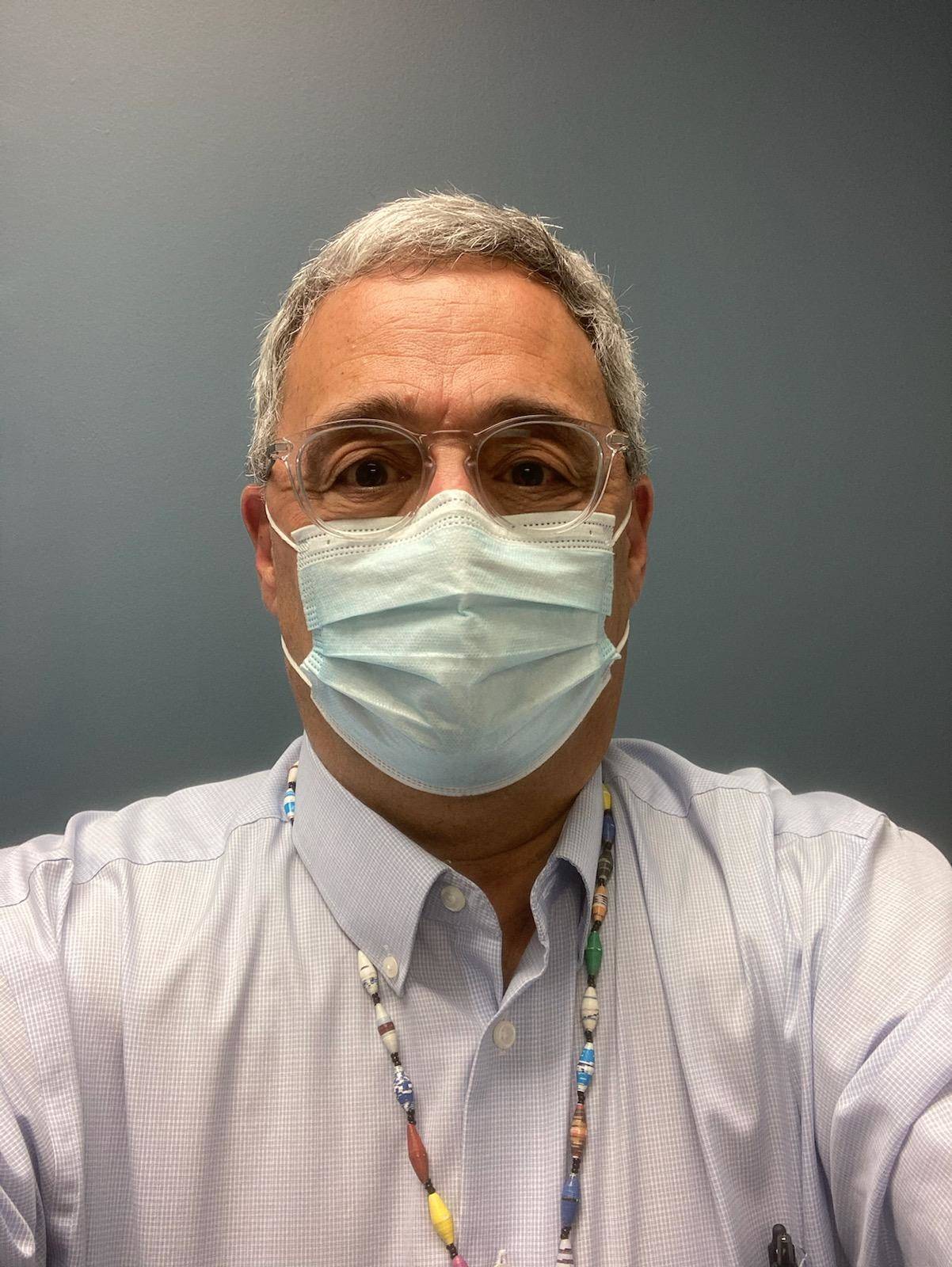Alaskans are known for our independence. But we’re also known for stepping up when our friends, neighbors and even strangers are in need.
When the snow flies and roads get icy, we know that cars and trucks will end up in the ditch. We also know that fellow Alaskans will stop to help. It’s who we are as people in a land where the nearest tow truck may be hours away. And tomorrow we may be the ones in that ditch.
During the past seven months of the COVID-19 pandemic, we’ve seen many people living up to who we are as Alaskans. Helping others in ways small and large. Organizing grocery runs for a senior down the road. Ordering takeout to support our neighborhood restaurants. Connecting with friends during weekly walks instead of weekly card games. Using Zoom to attend church services or to help with a nephew’s homework. It’s about family and friends taking care of family and friends.
In this case, the need is not as obvious as a vehicle in the ditch. COVID-19 is invisible to many. How the disease impacts people differently leads some to believe they or their family won’t be hurt. Others question whether it’s real. In health care, we see firsthand what happens to Alaskans when COVID-19 safety measures — masking, distancing and hand-washing — don’t happen consistently.
You may have heard rumors that COVID-19 is just a bad cold — a fever, followed by some coughing, shortness of breath and maybe losing the ability to taste. What you don’t hear as much about is the vomiting, diarrhea and nausea some people get. In some cases, symptoms are much worse. Also, the “underlying medical conditions” that can result in more serious illness include common issues like pregnancy, being overweight or obese, high blood pressure, heart disease, smoking and asthma. Many of these issues are common among Alaskans. If you are one of the unlucky people who ends up hospitalized, even youth and good health don’t guarantee a good outcome. For those who require care on a ventilator in the ICU, more than a third of people die.
The spread of COVID-19 in communities across Alaska also means our caregivers and first responders are more likely to be exposed outside of work. Physicians, nurses, EMTs, other health care workers and first responders help patients heal. Increasingly, they find themselves needing care after community transmission of the disease. This means they’re not here for you when you need them the most.
We know community safety measures help keep the disease from spreading. And those actions will be needed by all of us, especially during the winter months, to keep our communities healthy. The most effective way to stay well is consistent masking, distancing and hand-washing. It’s simple, courteous and keeps you and your neighbors healthy.
Remember, Alaskans know how to take care of each other. Just think of your mask as all-weather tires, distancing as four-wheel-drive and hand-washing as de-icer. We can work together this winter to keep all Alaskans out of the COVID-19 ditch.
Michael Bernstein, M.D., is chief medical officer of Providence Health & Services Alaska.
Preston M. Simmons, DSc, FACHE, is chief executive officer of Providence Health & Services Alaska.
• By Michael Bernstein, M.D., and Preston M. Simmons, DSc, FACHE

